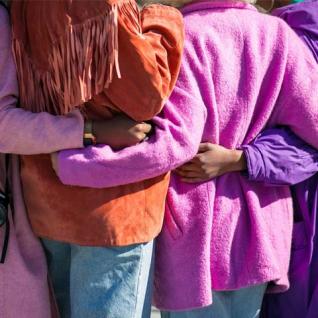Information

About this Course
Developing strong relationships with your patients and their families leads to greater diagnosis accuracy and continuity of care.
This is particularly important when you are working with Māori patients and their wider whānau, where genuine relationships and connection to culture are vital to care outcomes. With Māori patients especially, the therapeutic relationship you develop with them needs to be built on trust and collaboration.
Without a good foundation in these relationships, Māori patients are likely to feel alienated by the therapeutic process, making it even harder for them to engage with you.
This series of interviews was recorded in 2018 with Tāmati Kruger. Tāmati is a kaumātua, a respected elder, of Ngāi Tūhoe, and was the chief negotiator in Tūhoe’s settlement process with the Crown.
These interviews came about during development of a resource on Dementia Care for Māori.
The rich content of these interviews is designed to give you broad cultural insight, as guidance for all primary healthcare practitioners wanting to create greater satisfaction for both patients and practitioners and to achieve better health outcomes for Māori within their practice.
Ko tēnei te mihi maioha ki a koe e Tāmati, i tōu ngākau marae, i āu korero mārama, i tāu tohatoha mātauranga. He iti nā Tūhoe ka mārama te Pō.
Course Content
| Health and wellbeing for Māori | Show activities |
|---|---|
| Health and wellbeing for Māori |